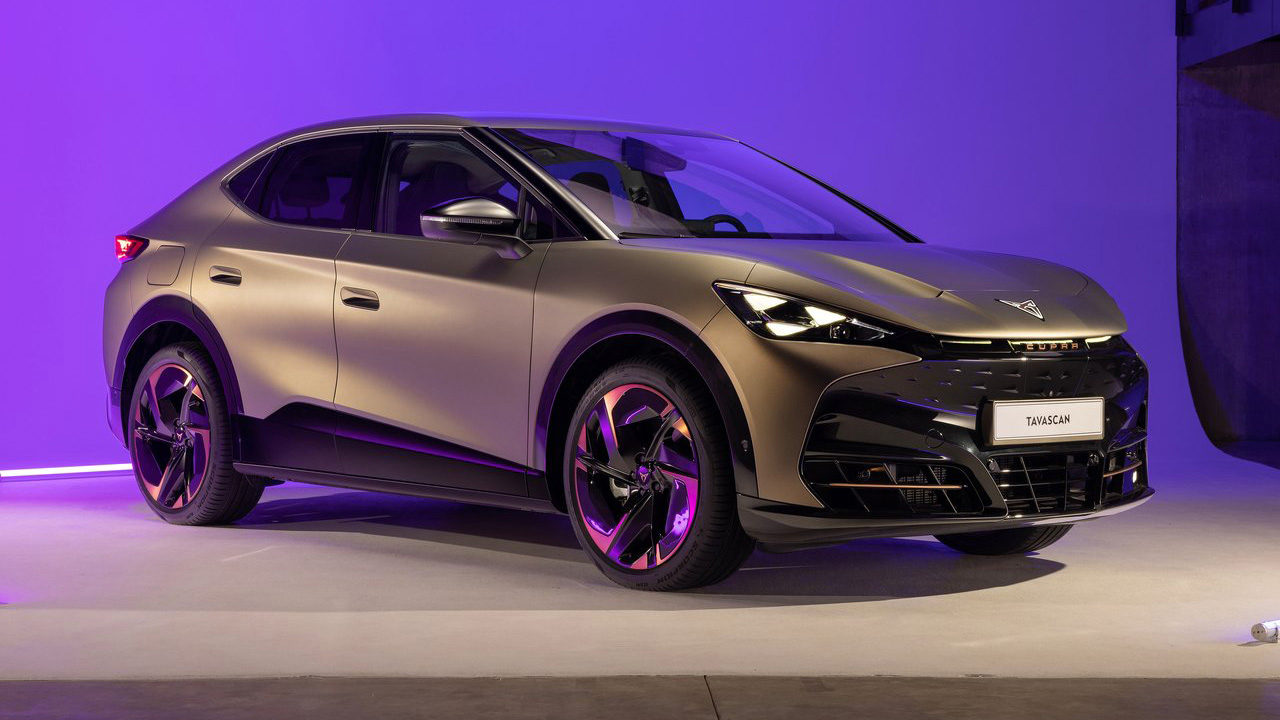The Spanish automaker, which has seen rapid growth since its establishment in 2018, sold over 246,000 vehicles in 2023. While most of Cupra's models are built in Europe, its new electric SUV, the Tavascan, is produced at Volkswagen's Anhui plant in China.
Griffiths expressed serious concerns about the impact of the new EU tariffs on Cupra's operations. He said:
"It puts the whole financial future of the company at risk."
The EU has imposed a 21.3% duty on Chinese-built EVs, which comes on top of an existing 10% tariff. This total 31.3% tariff could force Cupra to cut production and potentially lead to job losses if sales targets aren't met.
The Tavascan, designed in Spain but built on the MEB platform in China, shares parts with the VW ID.UNYX. It boasts a 77 kWh battery and a WLTP range of 342 miles (550 km). Cupra can't easily move production of this model out of China, and raising its price isn't a feasible option.
Griffiths explained Cupra's unique position:
"The intention was to protect the European car industry but for us, it's having the opposite effect. We're not a Chinese brand trying to swamp the European market. Our cars are not for the masses. The car is not a subsidized product. We're a different animal."
The situation puts Cupra at risk of missing EU CO2 reduction targets for 2024, which could result in heavy fines. The company is now seeking its own negotiated duty, a process that could take up to nine months.
This crisis comes at a time when Cupra has made significant investments in VW's Anhui plant. The brand isn't considered a mass-market player, and its cars aren't subsidized, making its position different from other manufacturers affected by these tariffs.
Source: The Telegraph

